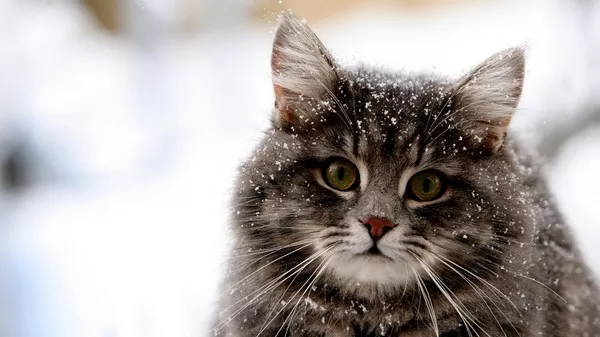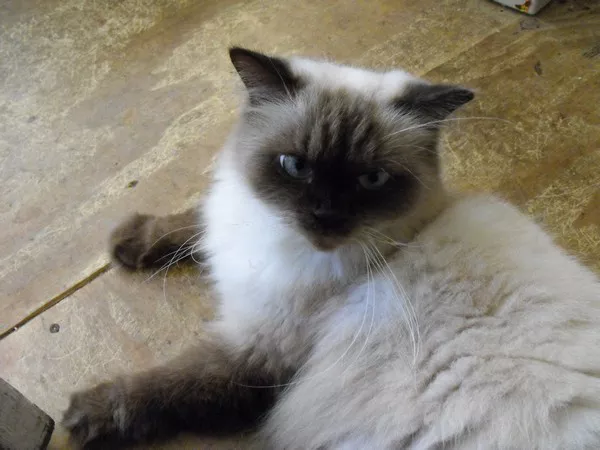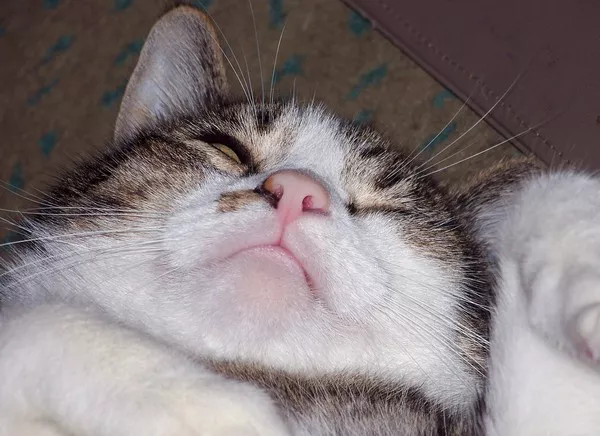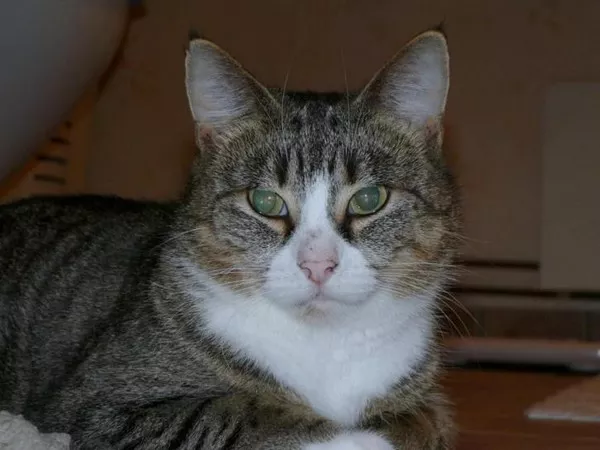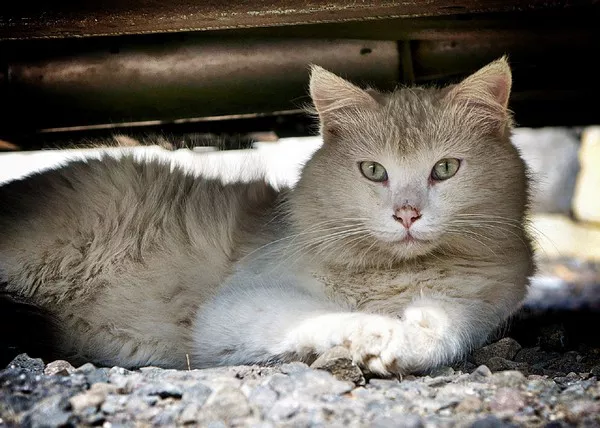Cats are renowned for their selective and often finicky eating habits, leading pet owners to question the safety and suitability of various foods for their feline companions. While cats are obligate carnivores, meaning they require a diet primarily composed of animal-derived protein, they may occasionally show interest in plant-based foods. Carrots, in particular, are a popular vegetable among humans and are often touted for their nutritional benefits. However, pet owners may wonder whether raw carrots are safe for cats to consume and whether they offer any nutritional value. In this article, we delve into the topic of feline nutrition and explore whether cats can safely eat raw carrots.
Understanding Feline Dietary Requirements
Before examining the potential benefits and risks of feeding raw carrots to cats, it is essential to understand the dietary needs of felines. Cats have evolved as obligate carnivores, meaning their natural diet consists primarily of animal tissue, including muscle meat, organs, and bones. Unlike omnivores or herbivores, cats have specific nutritional requirements that are best met through the consumption of animal-derived nutrients, particularly protein and certain vitamins and minerals.
The key nutritional components of a cat’s diet include:
Protein: Cats require a high-protein diet to meet their essential amino acid needs, particularly taurine, which is crucial for maintaining heart health, vision, and reproductive function.
Fat: Fats provide cats with concentrated energy and essential fatty acids necessary for skin and coat health, as well as various physiological functions.
Taurine: As mentioned earlier, taurine is an essential amino acid for cats that must be obtained from their diet, as they cannot synthesize it endogenously.
Vitamins and Minerals: Cats require specific vitamins and minerals, including vitamin A, vitamin D, calcium, phosphorus, and several B vitamins, to support overall health and well-being.
Given these nutritional requirements, it is important for cat owners to provide their feline companions with a balanced and species-appropriate diet that meets their unique needs.
Are Raw Carrots Safe for Cats?
When it comes to offering cats human foods as treats or supplements, pet owners should exercise caution and consider whether the food in question is suitable for feline consumption. In the case of raw carrots, while they are not inherently toxic to cats, there are several factors to consider before incorporating them into a cat’s diet:
Digestibility: Cats lack the digestive enzymes necessary to break down plant matter efficiently. While they may nibble on grass or other vegetation as a form of dietary roughage, their digestive systems are optimized for processing animal-based foods. Raw carrots, being fibrous and relatively low in digestible nutrients, may pass through a cat’s digestive tract largely intact, potentially causing gastrointestinal upset or obstruction.
Nutritional Value: While carrots contain certain vitamins and minerals beneficial to humans, such as vitamin A, vitamin K, and beta-carotene (a precursor to vitamin A), these nutrients may not be as readily absorbed or utilized by cats. Since cats have limited ability to convert plant-based precursors into active forms of essential nutrients, the nutritional value of raw carrots for felines may be limited compared to animal-derived sources of nutrients.
Potential Risks: Raw carrots pose a choking hazard for cats, particularly if they are not finely grated or chopped into small, manageable pieces. Additionally, cats may exhibit allergies or sensitivities to certain plant foods, including carrots, which can manifest as gastrointestinal upset, skin irritation, or other adverse reactions.
Given these considerations, it is generally recommended to exercise caution when offering raw carrots to cats and to do so sparingly and in moderation. While a small amount of cooked or pureed carrots may be tolerated by some cats as an occasional treat, they should not be a staple component of a feline’s diet.
Alternative Nutritious Options for Cats
While raw carrots may not be the most suitable dietary option for cats, there are plenty of other nutritious foods that can be incorporated into a feline’s diet to provide variety and additional nutrients:
Lean Protein: High-quality animal-based proteins, such as cooked chicken, turkey, or fish, are ideal for meeting a cat’s protein requirements and providing essential amino acids.
Commercial Cat Food: Commercial cat food formulated specifically for feline nutritional needs is the most convenient and reliable option for meeting a cat’s dietary requirements. Look for products that are labeled as complete and balanced and formulated to meet the nutritional levels established by recognized authorities such as the Association of American Feed Control Officials (AAFCO).
Cat-Safe Fruits and Vegetables: While cats are primarily carnivorous, some fruits and vegetables may be safe for cats to consume in small amounts. Examples include cooked pumpkin or squash (which can aid in digestion), steamed green beans, or small amounts of cooked sweet potato.
Supervised Treats: Commercial cat treats formulated for feline consumption are a safe and convenient way to offer cats occasional treats or rewards. Look for treats made from high-quality ingredients and avoid those containing excessive fillers, additives, or artificial flavors.
See also: Top 6 Cat-Friendly Vegetables
Consultation with a Veterinarian
Before introducing any new foods or dietary supplements into a cat’s diet, it is essential to consult with a veterinarian, who can provide personalized guidance based on the cat’s age, health status, dietary needs, and any underlying medical conditions. Veterinarians can also help pet owners navigate common questions and concerns related to feline nutrition, ensuring that cats receive optimal care and nutrition throughout their lives.
In conclusion, while cats are primarily carnivorous and have specific nutritional requirements that are best met through the consumption of animal-derived foods, raw carrots are not inherently toxic to cats. However, they may not offer significant nutritional benefits and can pose risks such as gastrointestinal upset or choking. Pet owners should exercise caution and moderation when offering raw carrots to cats and consider alternative options that are better suited to feline dietary needs. Consulting with a veterinarian is essential for ensuring that cats receive a balanced and appropriate diet that supports their overall health and well-being.

